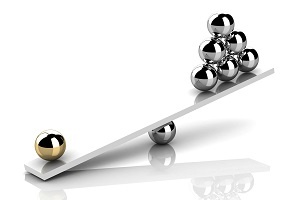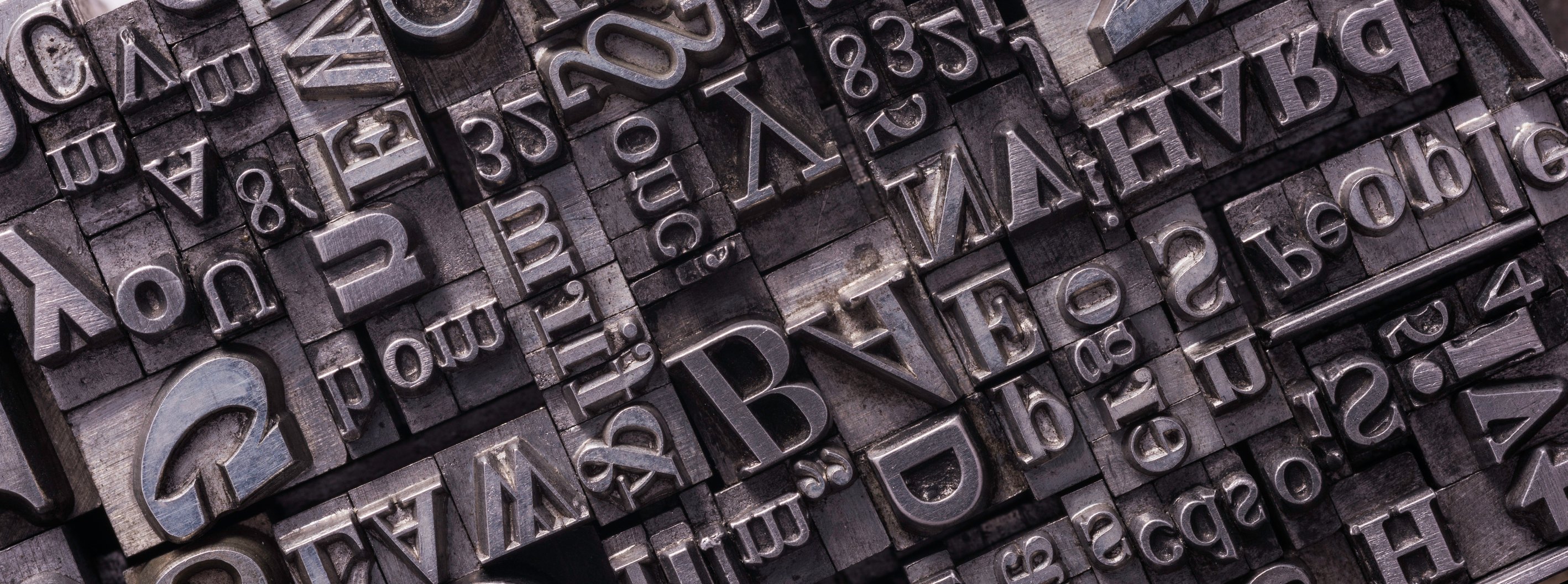 First impressions are very important. Sociologists say when we meet someone, we form an impression about them in the first eight seconds, and once that happens, it is difficult to change. It turns out that we are creatures of habit, and you could say habits rule our lives. This is probably a good thing because the habits we develop early in life give us a construct to evaluate fact from fantasy and truth from fiction. Hopefully they allow us to make rational decisions based on evidence, not emotions.
First impressions are very important. Sociologists say when we meet someone, we form an impression about them in the first eight seconds, and once that happens, it is difficult to change. It turns out that we are creatures of habit, and you could say habits rule our lives. This is probably a good thing because the habits we develop early in life give us a construct to evaluate fact from fantasy and truth from fiction. Hopefully they allow us to make rational decisions based on evidence, not emotions.
But sometimes a habit can turn into a bias which is not necessarily a good thing. The term “confirmation bias” refers to our tendency to give high marks to new information that simply confirms what we already believe to be true. In doing so, we tend to disregard alternative views or new information which might cause us to change our mind.
Here in Sonoma County (“Wine Country”) where CrossCheck is located, we see this in how people evaluate wine. Yes, tasting wine is very subjective, but there are numerous tests showing that consumers rate a cheap wine highly because they mistakenly believe it was expensive.
People generally think that if something is expensive, then it must be good. Recently, however, a new study showed that confirmation bias may create a placebo effect which makes actual changes to the brain’s chemistry.
Two authors, Hilke Plassmann, and Bernd Weber, conducted a series of experiments in wine tasting which showed that different people reacted in different ways based on their personalities. People who were strong reward seekers, or those who were low in physical self-awareness, were more likely to be influenced by their perception of price, and thus judge a wine they think is expensive to be better.
Actually, this is a pretty complicated subject because two wines from the same batch can taste quite different depending on the food served with them. Even cooking smells, perfume, pet odor, or a glass that is too small, the wrong shape, or smells of detergent can affect one’s ability to taste. No wonder we fall back on our confirmation bias — life can be so complicated.
Another aspect to consider is “biased interpretations.” This means that when two people have exactly the same evidence, each interprets it differently. We believe the evidence which supports our previously held beliefs, even if the contradictory evidence is strong.
Then there is “memory bias” which means that people have selective memories and remember what they want to remember and forget the rest if it doesn’t confirm to their beliefs. This is also called “selective recall.”
Yes, life is complicated, and oftentimes there is incomplete or conflicting information which makes it hard for us to determine what is really happening. This is particularly true if you have an emotional attachment to a particular outcome.
We see this happening in the payments industry. In the last few years, hundreds of Silicon Valley start-ups have emerged about two hours south of us in a niche called finance technology or “FinTech.” Venture capitalists threw about $12 billion into FinTech in 2014 alone, and it is unquestionably a hot venue right now. There is so much current activity that it is difficult just to keep pace. Many of these new entrants are characterized as “disruptors” of payments. A comment by George Warfel in the March 2016 issue of Digital Transactions is enlightening:
“I would propose that one important lesson is this: that simply because a technology or a business model disrupts some other type of business is not enough to make it a potential disruptor of payments. We should first ask if the way it is disruptive is something that would work in payments.
“It is often the company that is not disrupting the rest of the economy, but is simply doing our job better than we do that is the real disruptor. It’s not the technology that matters. It is the business model.”
Well said, George. I think this is relevant to our business model at CrossCheck. Let me explain.
I meet a lot of people in the payments industry, and when I tell them CrossCheck is a check guarantee company, they sometimes get a puzzled expression on their face and say, “Do people still write checks?” Their confirmation bias is kicking in, big time.
It might start out better if I said we guarantee a stream of payments to be made in the future because this is what we do in a general sense. But even that is lost on those who can’t understand why a business would need it. Confirmation bias strikes again.
Our business is about demographics. Many Americans are living paycheck to paycheck. Even among people with over $100k in annual income, perhaps a third are in this category — they have assets but not a lot of cash in the bank. They are called the “wealthy hand-to-mouth.” Every day these people are buying cars, having their transmission rebuilt, paying a large vet bill, paying for a funeral, or buying building supplies to remodel their house. What do these purchases have in common?
They all cost thousands of dollars and the payment has to be made or arranged today at the point of sale or the merchant does not get to make the sale, period. Almost everyone buying a used car will need to make a down payment in order to get a bank loan. Perhaps a third of the people buying a new car will need to do so. Other sudden expenditures are equally challenging.
A transmission rebuild starts at $4000; a funeral starts at $5000; a vet bill can reach a few thousand dollars. The majority of Americans do not have a few thousand dollars in their DDA nor a “window-to-buy” on their credit cards for $5000. What about checks?
The merchant could wing it and just hope that none of the checks are returned. But a car dealer would not take this chance because they might have to unwind the sale or repo the car. They want finality for the sale and finality of payment.
To make this sale work, someone has to stand in at the point of sale in real-time and guarantee two to four checks written today to be deposited over the next thirty days. The consumer does not have to apply for credit or pay interest; they just need some more time to come up with the money. This is a thumbnail of our Multiple Check service.
CrossCheck does two things that the dealer could never do themselves. First, we perform a deep screen on the check before approving it. Second, we have the ability to collect returned checks.
This year, CrossCheck will guarantee over $5 billion in payments for tens of thousands of merchants who are car dealers, auto aftermarket businesses, vets, funeral homes, and building supply dealers. Those merchants moved beyond their confirmation bias a long time ago, and their only bias now is making more sales, which is what we help them do.


